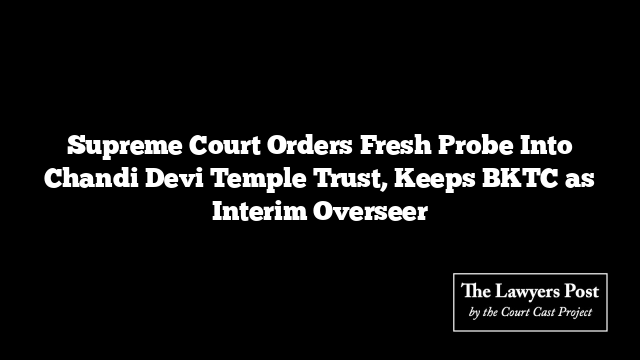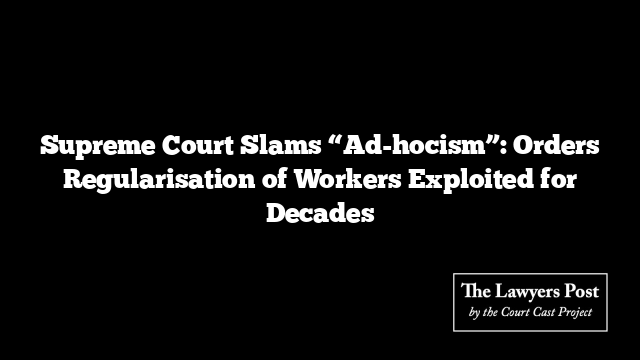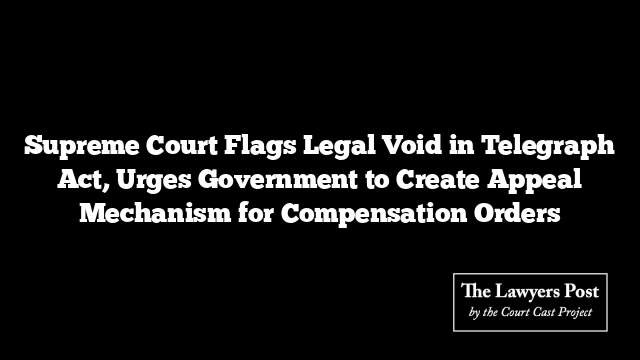The country’s top court has stepped into the affairs of Haridwar’s Maa Chandi Devi Temple Trust, tasking the District Collector with a ground-level inquiry into how the shrine is being managed.
For now, the existing arrangement crafted by the Uttarakhand High Court stays untouched — meaning the Badrinath Kedarnath Temple Committee (BKTC) will continue to keep watch over the temple’s operations until further clarity emerges.
A bench led by Justices Ahsanuddin Amanullah and SVN Bhatti directed that the Collector must personally examine the functioning of the Math, listen to all sides — from BKTC to Mahant Rohit Giri and any other relevant stakeholders — and place an independent report before the High Court. The High Court will then decide what the temple’s long-term management should look like.
The judges stressed that the Collector’s recommendations should reflect the best interests of the temple and its devotees, not just the competing claims of warring factions. He has also been empowered to suggest what the interim set-up should be until a permanent structure is locked in.
Since the BKTC has already assumed supervisory duties, the Supreme Court refrained from altering that arrangement. The Committee has been asked to file updated progress reports before the High Court as the matter proceeds.
The Supreme Court further nudged the High Court to adjourn the matter for six weeks, bring in intervenors who were heard during these proceedings, and give the case priority so that a regular management plan replaces the current ad-hoc setup.
How the Dispute Reached the Supreme Court
The legal tussle began when Mahant Bhawani Nandan Giri moved the Supreme Court against a June 25, 2025, order of the High Court. That order had flagged irregularities in the temple trust’s functioning, clipped the powers of the existing management, and brought in the BKTC as an interim overseer under a court-appointed Receiver.
The High Court’s intervention stemmed from a separate proceeding — an anticipatory bail plea filed by the partner of Mahant Rohit Giri. During that case, troubling allegations of blackmail, intimidation, and even molestation surfaced against Giri. Taking suo motu note of the situation, the High Court ruled that entrusting the temple’s management to him would be unsafe, and instead placed the trust under BKTC’s supervision.
The Supreme Court is now seized only of the limited question of who should manage the temple in the interim, pending the High Court’s final determination.





